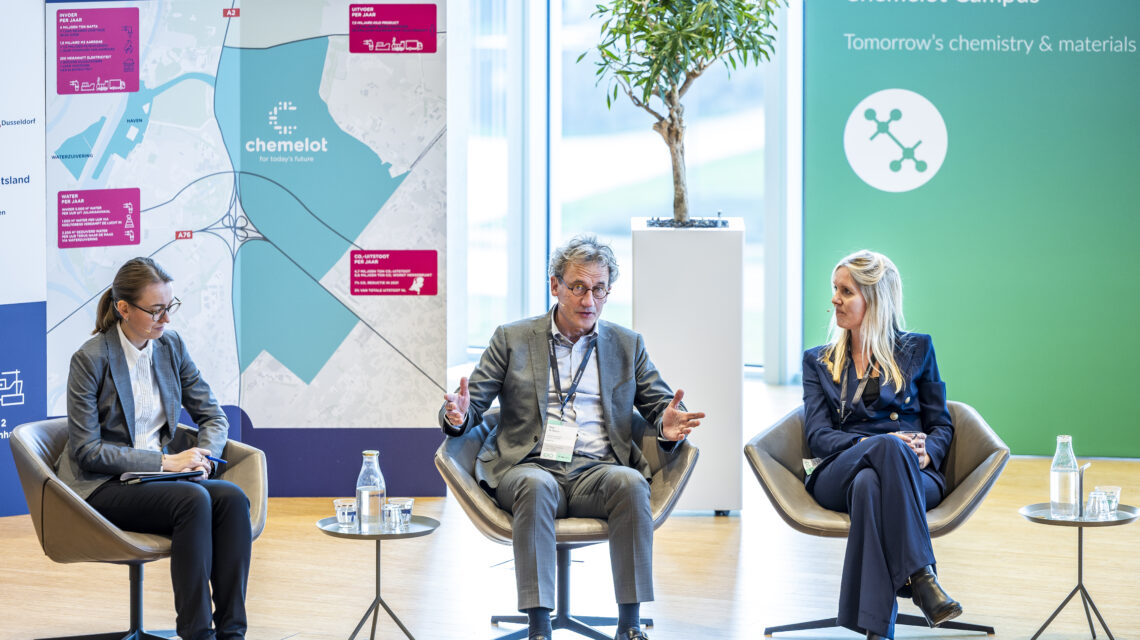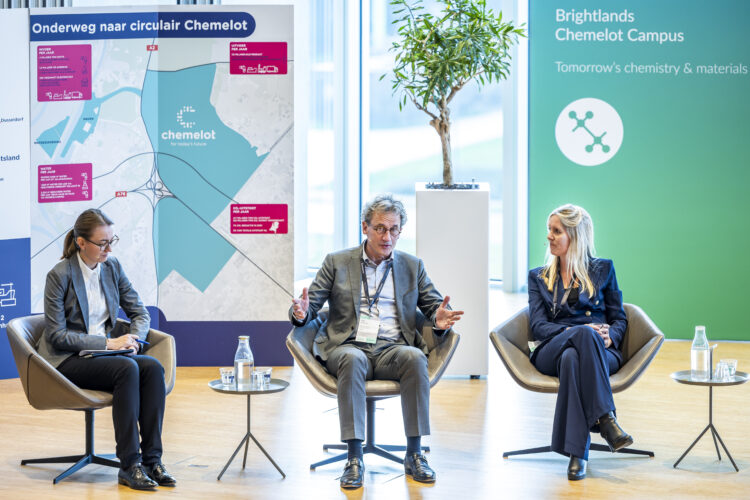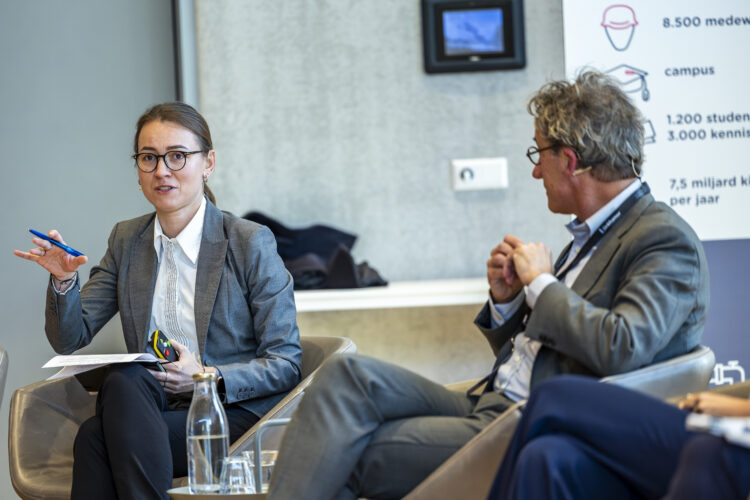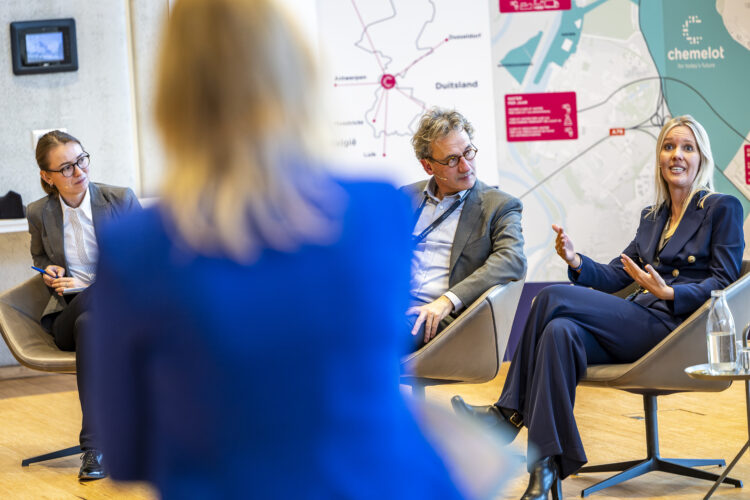On 29-30 November ECRN joined the Tranisition Finance Event, Sylwia Sztark on behalf of the Masovian Voivodeship and the European Chemical Regions Network took part in the panel Boosting finance for green chemistry - initiatives and practices from the Netherlands and beyond.
The net zero and circular transition, in a context of a dual energy and climate crisis, poses major challenges for the chemical and wider process industry in the EU in terms of change management, energy and raw material security and competitiveness.
In the next 10 years the world must take major steps towards electrification with renewable energy and the use of circular feedstock, including green hydrogen, carbon dioxide capture, biomass and chemical recycling of plastics. This transition not only requires a gradual phase-out and upgrades of existing assets, but also large-scale investments in the construction of new basic infrastructure for renewable energy and circular feedstock, and the construction of new factories.
The only answer to the enormous challenge of transition financing is cooperation. Collaboration between governments, financial institutions, and industry clusters to organize the synergy between public and private investments, and to tackle issues related to upscaling, demand stimulation, permits, availability of raw materials and others. We are convinced that a targeted approach to this blended financing, in combination with a well-thought-out transition strategy within companies, can yield significant gains.
These and related issues were the topic of the Transition Finance Event, which took place last week at the Brightlands Chemelot Campus in the Netherlands, attended by Sylwia Sztark on behalf of the Masovian Voivodeship, Mazowsze akceleratorem globalnych przedsiębiorstw and the European Chemical Regions Network.
The choice of Chemelot, one of the largest and highly integrated chemical clusters in the EU, as the location of the conference was not accidental. Conference participants – decision-makers, investors, and companies – could see with their own eyes what such a transformation means in practice.
Inspiring sessions took place at the innovative Brightlands Chemelot Campus and the Brightlands Circular Space will be an interesting flagship project for transition strategies. Participants could visit the Chemelot Industrial Park and see not only its size and importance, but also the challenges and investment needs it faces.
The conference was organized by Chemelot Circular Hub, and the co-hosts of the individual sessions were: Cefic, A.SPIRE, Hubs4Circularity, World Economic Forum, Ministerie van Infrastructuur en Waterstaat, (Ministry of Infrastructure and Water Management of the Netherlands), Ministry of Economic Affairs and Climate Policy, Dutch platform Green Chemistry New Economy and various other partners such as RWE and Covestro.






